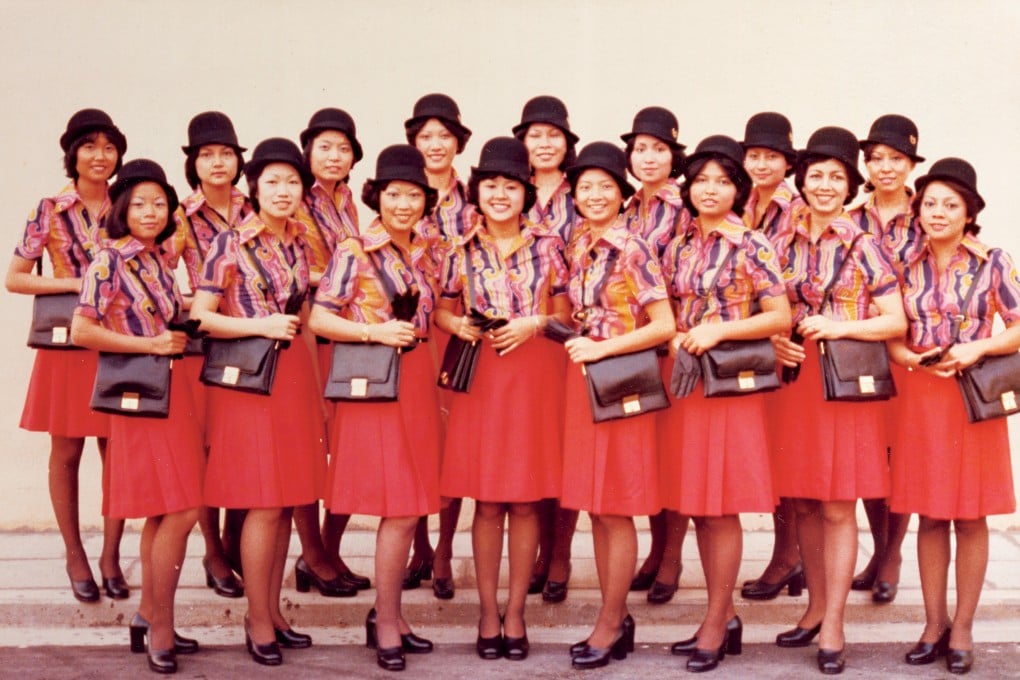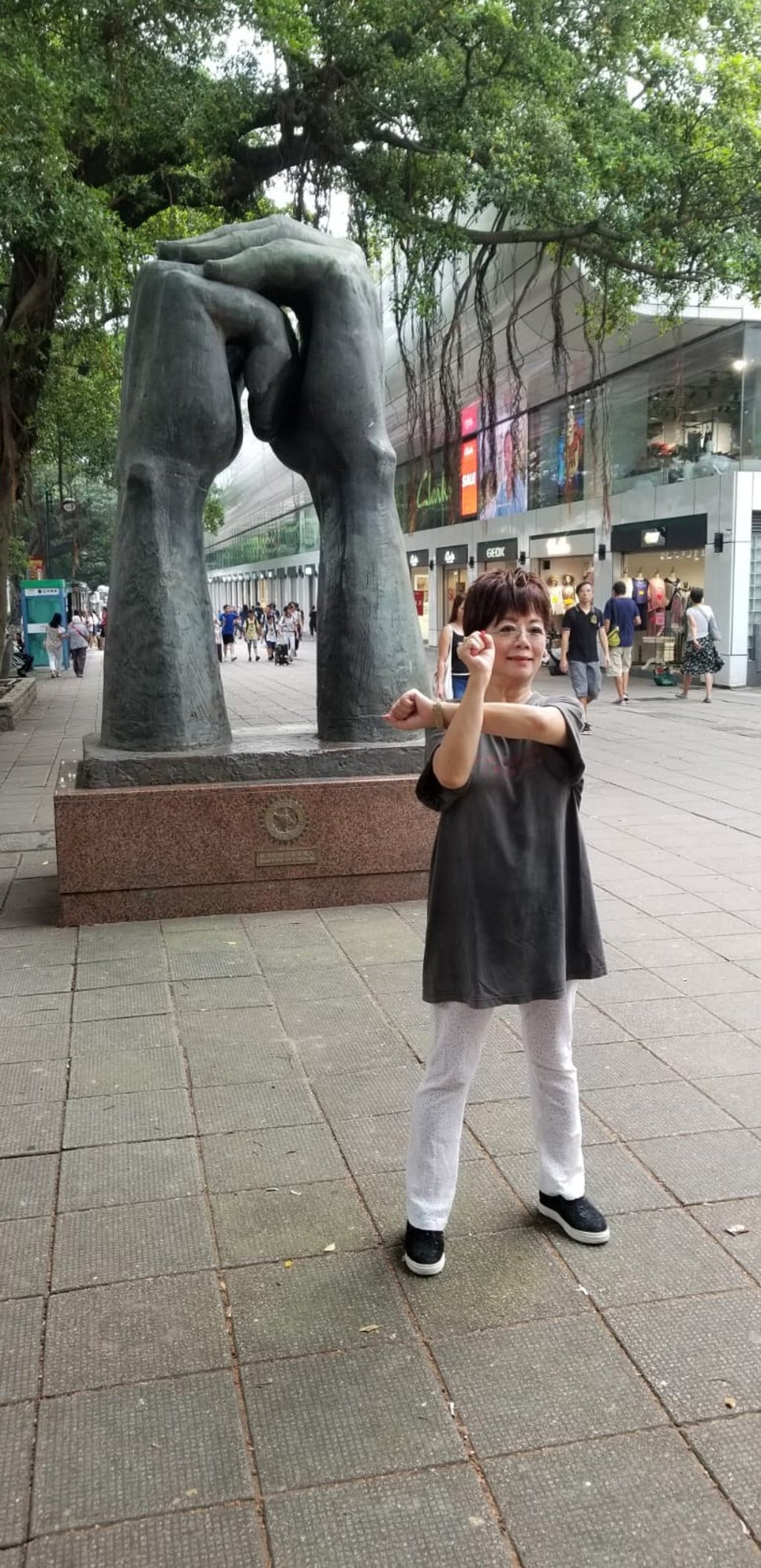Advertisement
Veteran Hong Kong protester Becky Kwan on her struggles as leader of Cathay Pacific union
- As chairwoman of the Hong Kong airline’s Flight Attendants Union, Kwan fought tooth and nail for employee rights and against managerial injustices.
- She earned herself a reputation as a fearless thorn in the side of executives
Reading Time:9 minutes
Why you can trust SCMP

Lost somewhere in the crowds swarming the streets of Hong Kong every weekend through a long, hot summer of unrest is the diminutive figure of a veteran protester who understands better than most the importance of perseverance in fighting what appear to be lost causes.
“Like everybody, I am devastated about what has happened,” says Becky Kwan Siu-wa. “I have been on every march, but I can only support them with my feet. I cannot allow myself to be in a situation where it will endanger my safety.
“We must not give up. We must have faith in righteousness and justice. The most important thing is to keep up the positive energy. That is what gives us the strength, the hope, the clear direction, the wisdom, the confidence and the power to face the challenges life throws at us.”
Advertisement
As the fiery five-foot two-inch former chairwoman of the Flight Attendants Union (FAU), Kwan, 62, has the battle scars to back up her fighting talk. It was 20 years ago when, in a different kind of struggle, she delivered a humbling lesson to the generously paid executives of Cathay Pacific: big trouble sometimes comes in small packages.

Advertisement
Back in 1999, amid tumbling profits and falling passenger numbers, Cathay Pacific gave its flight attendants these options: work four extra hours a month to earn a 3.5 per cent pay rise; stay on the same pay for the same hours for another year; or sign up for voluntary redundancy.
The ultimatum presented the 4,500-strong union with a dilemma: help the airline through dark days, or fight it, and risk seeing their fellow cabin crew lose their livelihoods.
Advertisement
Select Voice
Choose your listening speed
Get through articles 2x faster
1.25x
250 WPM
Slow
Average
Fast
1.25x